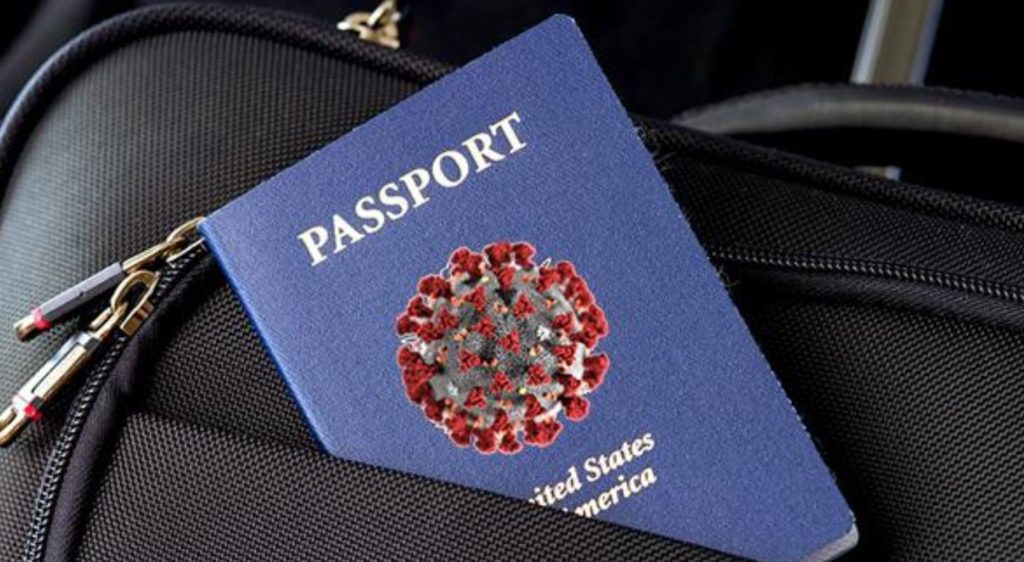Immunity passports are going nowhere. |
| Covid-19 immunity. It’s a hopeful idea, and one that most of the world is counting on to get us out of the novel coronavirus pandemic.
It goes like this: Once you have been exposed to SARS-CoV-2, the virus that causes Covid-19, your immune system has been primed. If the virus circles back to you, it will know what to do and protect you. Most public-health officials and experts in infectious diseases hope we will get to this point with the help of a vaccine. An immunization is designed to expose your immune system to an inactivated form of the virus, or perhaps just a tiny piece of it—enough to give your infection-fighting cells a heads-up for the future without actually making you sick in the present. The other possibility is herd immunity through natural infection. This is what happens when 60% to 80% of the population has already gotten sick. Because their immune systems battled the virus, and won, recovered patients should have antibodies and other cells at the ready for any reappearance of the pathogen. Some people have proposed the idea of “immunity passports,” proof that someone has been vaccinated or survived an infection and thus don’t pose a risk to others. If you don’t get sick again, you won’t transmit the disease to other people, either.
But there is increasing evidence that this idea may have more challenges than many experts expected. Some people who have had SARS-CoV-2 don’t produce any of the antibodies that the immune system would normally use to fight off a returning army of virus. A new report published in the New England Journal of Medicine found that antibody levels quickly plummet in others with mild cases who do initially produce them, with a half-life of less than three months. The work was small, with just 34 patients, so it’s far from conclusive. But it does build on other evidence, including previous studies and the natural history of more conventional coronavirus infections. Those viruses cause about one-third of all cases of the common cold, and everyone knows that you can get repeat colds. In fact, immunity only lasts about three to five years for those infections. It’s too soon to panic. Scientists who are working on vaccines are aware of the risks. They have tools, including adjuvants and boosters, that can make immunizations more effective and last longer. Alex Koordynator projektu |




